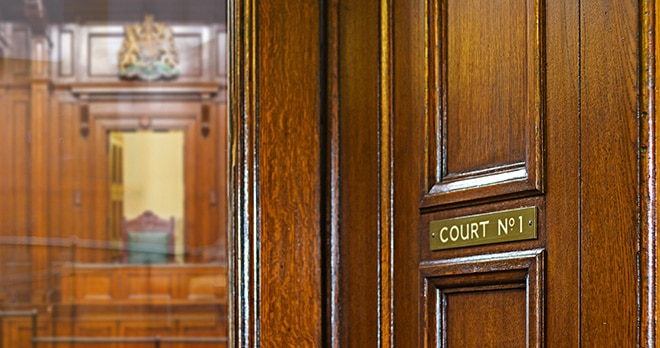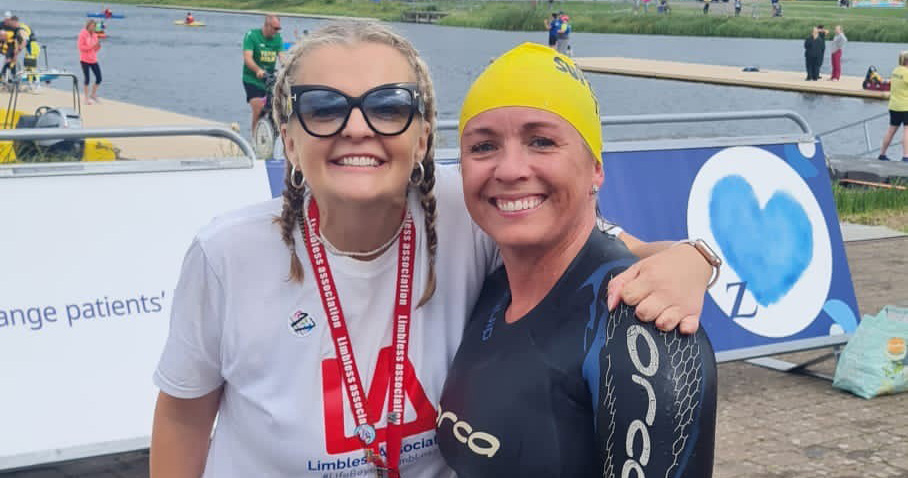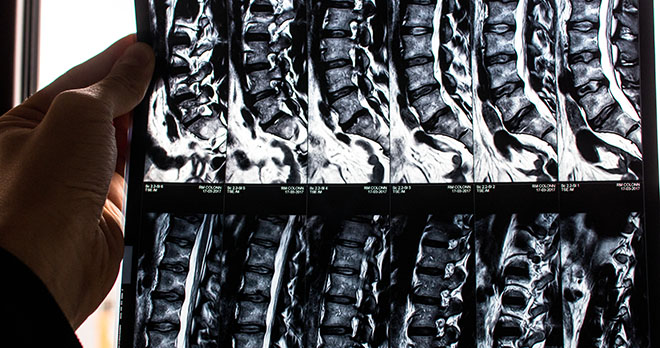What is a coroner’s inquest and what should I expect?

Ali Cloak explains what you need to know about a coroner's inquest.
Often the first time a person becomes involved in an inquest is when their family member has died and they are contacted by the coroner’s office to tell them that an inquest will take place.
Here we provide the answers to those first key questions: What is an inquest? Why is one being held? How will it help me understand how the death happened?
What is an inquest?
An inquest is an investigation conducted by a coroner (a type of judge) to determine how someone died.
An inquest is opened where a death was sudden, unexpected, the cause is unknown or where someone has died whilst in the state’s care.
Examples of when an inquest will usually be held include:
- where a person has died in prison;
- where a person has died in a mental health facility, or after involvement with community mental health services;
- where there has been a sudden or unexpected death in the community, such as a road traffic accident, a suspected suicide or in the workplace;
- where someone has died from a medical procedure or following medical treatment where it was not expected;
- when someone has died of a fall in a care home or at hospital.
How can an inquest help find answers?
During the inquest process, the coroner will establish who the person was, where they died, when they died and how they died. The ‘how’ question is usually the key focus of the inquest.
The inquest will include gathering evidence about the circumstances of the death over several months, or even years in some cases. This evidence often includes medical evidence, such as a post-mortem report and medical records.
Other types of records will also be collected depending on the type of inquest. This could include CCTV footage, prison records, police records, or an accident investigation report. In addition, witnesses to the events, such as the person’s treating doctors, nurses or care staff will prepare statements about what has happened for the court. Sometimes independent medical experts are also instructed to comment on specific issues in a case.
As a family member of the deceased, you will likely be asked to give a statement to the coroner about the person who died as well as any factual information you have about their background, or what happened before their death.
At the final inquest hearing itself, where there are additional questions that haven’t been answered by the written evidence, witnesses will come to the hearing and be asked additional questions about the death.
Who are the people involved in an inquest?
Interested Persons
An Interested Person (IP) is someone who has the right to actively participate in the inquest proceedings, such as the family of the deceased or those involved in the circumstances of the death (such as a hospital trust, prison, care home or employer).
The key rights of IPs include:
- being notified by the coroner about key aspects of the post-mortem or toxicology analysis;
- being provided with copies of relevant documents, such as witness statements and expert reports, which the coroner considers relevant to the inquest;
- being notified of the date of any hearings and to attend the inquest;
- making submissions on key steps of the coroner’s investigation;
- questioning witnesses at the inquest hearing.
Solicitors
A solicitor, or other lawyer, will be your main point of contact and will work with you, as the client, directly.
Solicitors help prepare everything for the inquest, liaising with all the different people involved and gathering in evidence. They will help you prepare a statement and discuss the case with you on a regular basis, to ensure you understand the evidence and to seek to meet your personal objectives for the process.
Barristers
A barrister is a type of lawyer, also known as counsel, who often works alongside your solicitor at key stages in a case.
A barrister will usually be the lawyer who represents you in court, who asks questions of the witnesses and makes legal submissions to the coroner on your behalf.
Coroner
A coroner is an official who holds the inquest, similar to a judge in court. They also order the post mortem examination.
Coroner’s officer
A coroner’s officer helps the coroner with the inquest process. They are the person who usually corresponds with the different IPs and organises the collection of evidence and statements from witnesses.
Jury
In some cases, a jury is required to hear the inquest. Where there is a jury, there will still be a coroner but it is the jury that determines the final conclusion about how the person died. The jury members can also ask questions of witnesses during the inquest hearing.
What happens at the end of an inquest?
After the coroner has conducted the inquest hearing and heard evidence from witnesses, they (or the jury if there is one) will also complete a formal document called the Record of Inquest to record the findings of the hearing.
There are several potential conclusions which can be reached in an inquest. Short form conclusions include: accident, misadventure, alcohol or drug related death, natural causes, stillbirth or suicide.
A narrative conclusion is a form of words which seek to explain the circumstances in a descriptive way. Coroners and juries must use ‘short form’ conclusions where they can and only use narrative conclusions where a short form will not be suitable.
In addition, throughout the inquest investigation, the coroner is under a duty to consider whether there is evidence that there is an ongoing risk of death to others. If there is, the coroner must prepare a Prevention of Future Deaths report (sometimes called a Regulation 28 report) highlighting their concerns and directed to the person or organisation that has the authority to make improvements. PFD reports are published on the Government website.
Contact our specialist inquest and fatal claims solicitors to find out more about how the inquest process works.
Call now
Read more from our Team Around the Client Magazine
View more articles related to Team Around the Client







